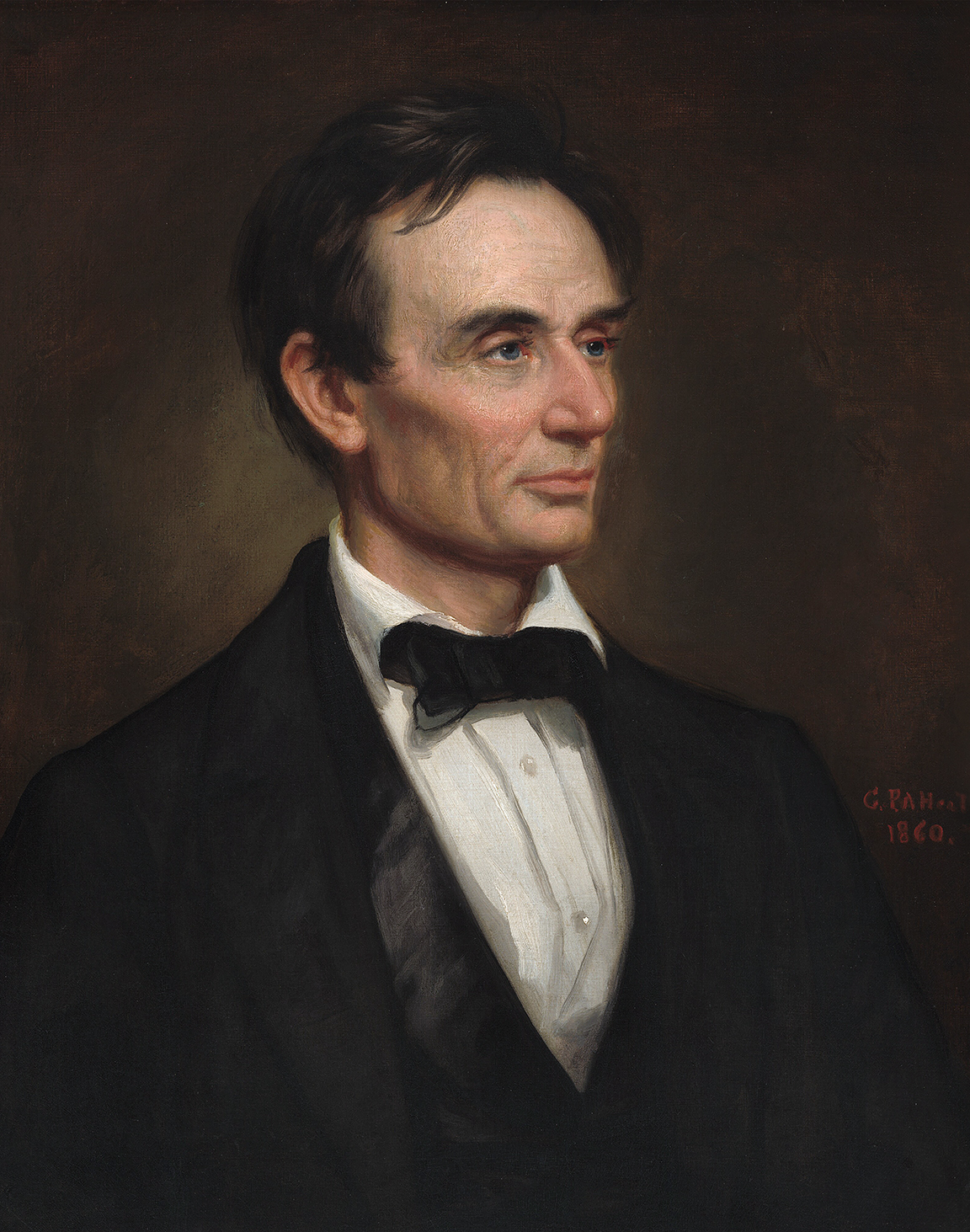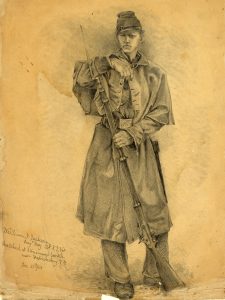
In 1858, Abraham Lincoln casually and unknowingly created a time capsule of his contemporary mindset on both slavery and race relations—not hidden in a cornerstone but taking the form of a 3.25- by 5.78-inch black campaign notebook shared with Capt. James N. Brown, a longtime friend and fellow campaigner.
It was the waning days of Lincoln’s senatorial campaign against Stephen A. Douglas and Brown was running for Illinois state legislature, partly at Lincoln’s encouragement. Brown, however, was assailed for his ties to Lincoln. Virulent opponents said that Lincoln—and therefore Brown, by association—supported and wanted to bring about social and political Negro equality.
Brown beseeched Lincoln for a clear statement on that Negro equality, what Brown referred to as the “paramount issue” of the day. Lincoln acceded, annotating what he called a “scrapbook” with news clips of his speeches on the subject, and a definitive 8-page letter, transcribed here.
Brown used the notebook from Lincoln during his campaign’s waning days. It didn’t help. He lost the election.
The scrapbook was cherished by Brown and, after his 1868 death, by his sons William and Benjamin. Eventually they sold it to New York rare-book dealer George D. Smith, who found a customer in Philadelphia Lincoln collector William H. Lambert, who believed Lincoln’s words warranted wider distribution and published a version of the notebook in 1901 as Abraham Lincoln: His Book: A Facsimile Reproduction of the Original with an Explanatory Note by J. McCan Davis.

After Lambert’s death the ‘scrapbook’ was auctioned in 1914; and purchased for Henry E. Huntington’s San Marino, California library.
In his career Ross E. Heller, holder of a master’s degree in journalism from the University of Oregon, has been a journalist, U.S. Senatorial press secretary, lobbyist, association executive, entrepreneur, newspaper publisher and now, editor/author. Researching this book, he is also discoverer of new facts of America’s most-storied life; a life about which no one could imagine anything new could ever be found.
This article is an excerpt from By Abraham Lincoln: His 1858 Time Capsule, edited by Ross E. Heller and published by CustomNEWS, Seaside Books.















This story appeared in the 2023 Summer issue of American History magazine.
historynet magazines
Our 9 best-selling history titles feature in-depth storytelling and iconic imagery to engage and inform on the people, the wars, and the events that shaped America and the world.







